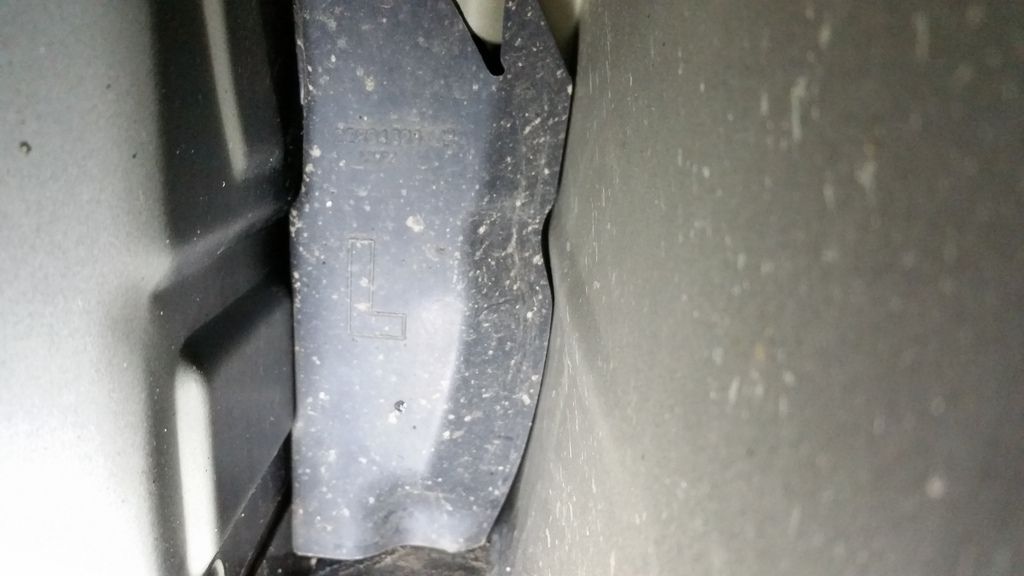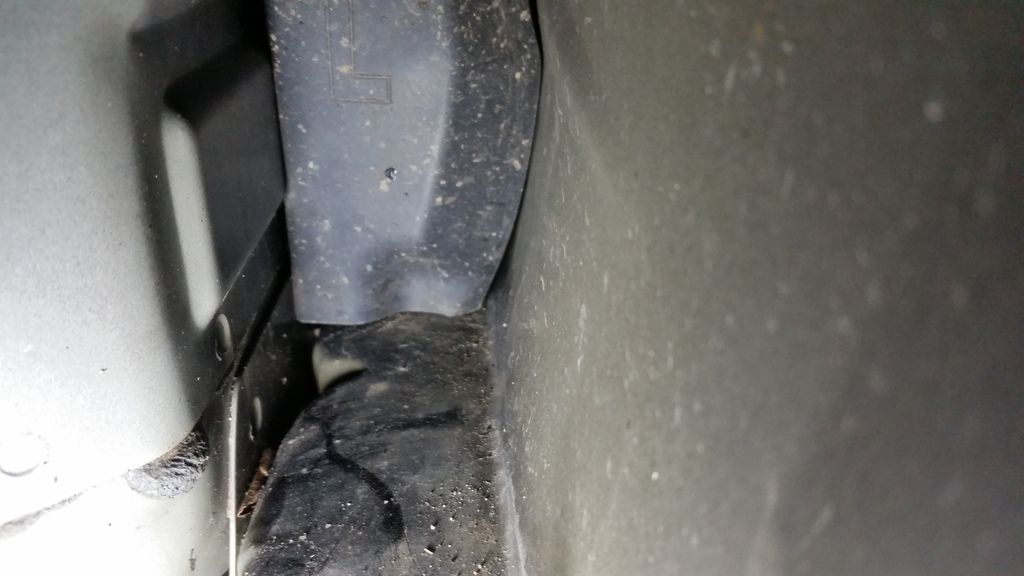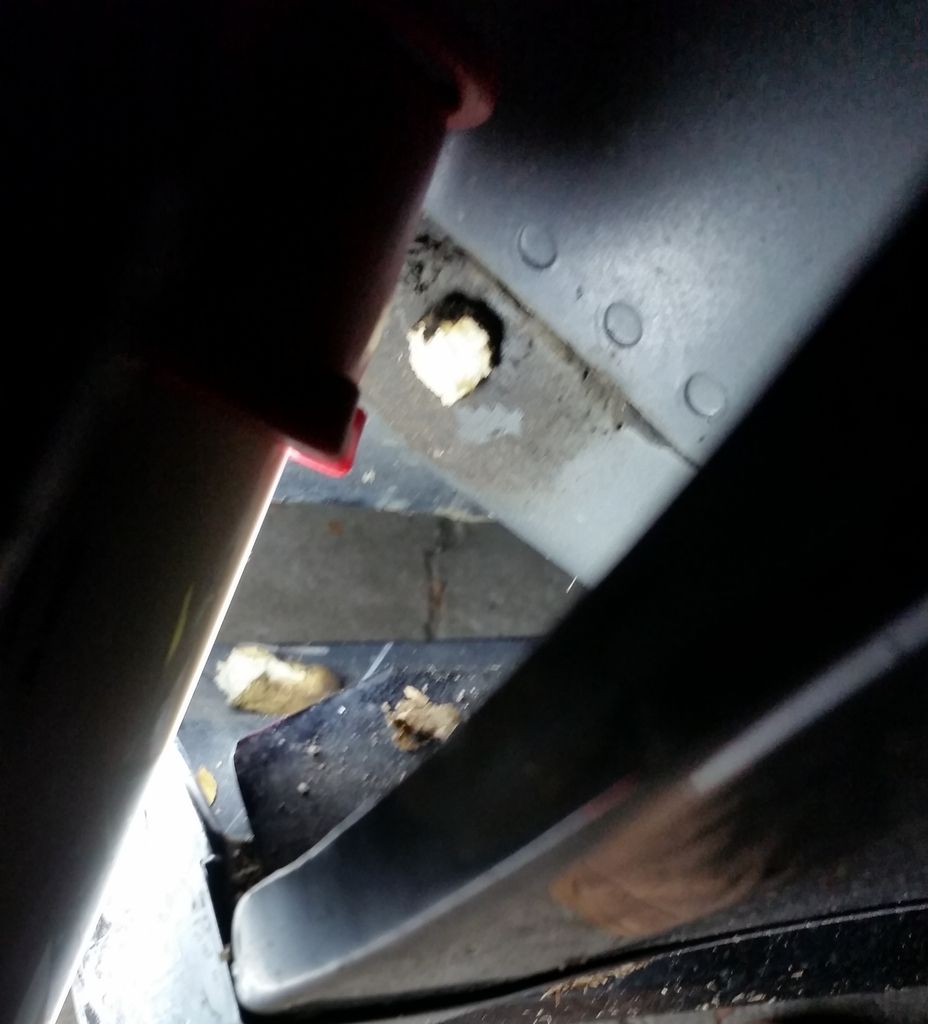7PaintGuns
New member
- Oct 6, 2015
- 359
- 0
Just as a warning I will most likely be asking a lot of questions in the up coming weeks. It/I may be annoying but every one here seems to have quite a bit of experience and I have quite a few questions need clearing up! I am full of paint/body info so I promise I'm not mooching.
Washing In Winter
Spending nine hours a day looking at locus leaves, dirt, and mud that have accumulated behind bumpers, the bottom of fenders, under the cowl and everywhere else I wonder how much damage is being done when rinsing salt down into the same areas.
Would fewer washes per season make that much of a difference?
Does the dry salt do the same damage?
Something we have talked about in the shop multiple times but no one really knows and every one does their own thing.Feed back please
Washing In Winter
Spending nine hours a day looking at locus leaves, dirt, and mud that have accumulated behind bumpers, the bottom of fenders, under the cowl and everywhere else I wonder how much damage is being done when rinsing salt down into the same areas.
Would fewer washes per season make that much of a difference?
Does the dry salt do the same damage?
Something we have talked about in the shop multiple times but no one really knows and every one does their own thing.Feed back please



